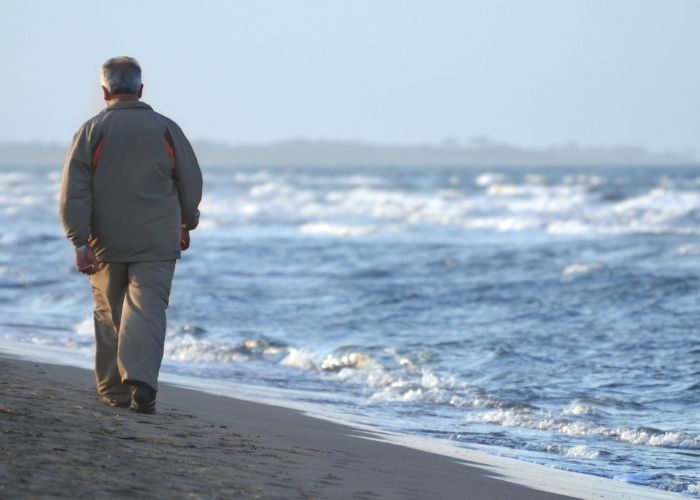Undoubtedly, the Spanish tourism sector may have some concerns about the new travel restrictions on British tourists following the outbreak of the Omicron variant.
The measure comes into place just prior to the festive holiday break when many families like to take a holiday. This is then immediately followed by the low season. And although British tourism drops on the mainland, it is a time when older tourists traditionally enjoy a winter break.
Until now, the British had some exceptions that allowed them to travel to Spain; the vaccination certificate, a negative PCR result, or justification they had recovered from the virus. But the appearance of the new Omicron variant has forced the Government to tighten these travel conditions.
Fully vaccinated
Although travel has not been suspended, all travellers from the UK must be fully vaccinated before they can enter Spain. And, as most UK citizens have been vaccinated, this would appear not to cause too many problems. However, as reported in our previous article, only a small percentage of teenagers have been vaccinated and even less have been double vaccinated. As a result, this may mean family holidays being postponed.
The measure implemented in Spain has been criticized by many British families with children who usually travel to Spain.
Restrictions on the return
Furthermore, the British Government has also tightened conditions for re-entering the UK. All those returning to the United Kingdom must book and pay for a private PCR test prior to their arrival. The test must be taken during the first two days of stay in Britain. And, furthermore, they should remain isolated until the test result is known. In the event of a positive test result, they must remain in quarantine for ten days. This measure will also apply to people who have already been vaccinated.
World Health Organisation
Also, the World Health Organisation (WHO) has put out this statement, “Persons who are unwell or have not been fully vaccinated or do not have proof of previous Sars-CoV-2 infection and are at increased risk of developing severe disease and dying, including people 60 years of age or older or those with comorbidities that present an increased risk of severe Covid-19 (e.g. heart disease, cancer, and diabetes) should be advised to postpone travel to areas with community transmission.”
However, WHO also advises against blanket travel bans as that will not prevent the global spread of the Omicron variant.
They state: “Blanket travel bans will not prevent the international spread. They also place a heavy burden on lives and livelihoods. In addition, they can adversely impact global health efforts during a pandemic by disincentivising countries to report and share epidemiological and sequencing data”.
They continue “essential international travel, including travel for emergency and humanitarian missions, travel of essential personnel, repatriations and cargo transport of essential supplies–should continue to be prioritised at all times during the COVID-19 pandemic.
According to UN News, WHO Director-General, Tedros stated; “that while it was understandable all countries should want to protect their citizens, Omicron was still a largely unknown threat”.
Editors note: Passengers travelling to Spain who do not have a digital vaccine certificate but have a printed PDF proof of vaccination status must ensure it is dated from November 1. This is to ensure the certificate can be scanned successfully.


